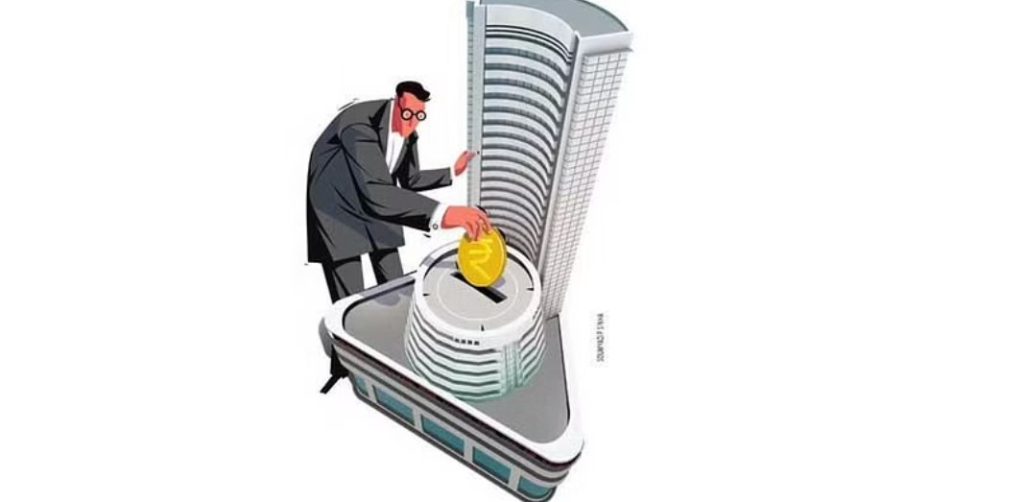
Your money needs directions. That is possible when you learn to invest and not just save. You need to shepherd your money towards your financial goals. You are pleased to sink in your savings into gold or property.
However, financial assets are barely a part of Indian household savings. Even if they are, the money primarily lies in a bank or fixed deposits.
When someone says ‘finance’, many of you tend to recoil. It is understandable. Financial markets, currency markets, interest rates, and inflation are complicated subjects and require interest and appreciation. But when it comes to personal finance or your money, you may want to wonder if it is worth harbouring that inertia. You may miss out on good things in life by not investing due to not knowing.
Inertia is a disease.
There are about 10 crore demat accounts in India, according to the latest data from the Sebi. A lot of individuals have more than one account. So, the number of individual accounts is usually lower than the aggregate number. Even then, it is less than 7% of the country’s total population. Considering the rapid spread of financial inclusion, more people should participate in the benefit of investing. Yet, we are merely scraping the surface.
Another astonishing data is that the two cities account for most of the cash market trading value on stock exchanges. According to Sebi’s latest monthly Bulletin, Mumbai and Ahmedabad are two cities that account for two-thirds of trades in the cash market on the National Stock Exchange. That does not just show the skewed distribution of financial services. It also shows the skewed nature of the understanding, appreciation and knowledge of investing.
Saving money is not investing
If you manage to create a monthly surplus and put some money in a fixed deposit or gold, you are saving it and not investing. You will not know that if you do not open your mind to financial literacy or knowledge. Nothing happens until something moves, said famous scientist Albert Einstein once. He was also the one who called the power of compounding the eighth wonder of the world. Your inertia is stalling your financial well-being. You need to take steps towards financial knowledge. Learn about growing your savings through investments. If you just save money in gold or bank deposits, you would barely cover for inflation. The value of your money will remain the same as it is now, as high inflation will hurt your ability to save more and invest in the future.
The perception of risk
The inertia is also due to your perception of the risk. Financial assets are associated with multiple risks. These could be internal as well as external. You do not have to dive into finance or economics to understand that persistently high inflation is bad news. To protect your finances against inflation, you must save and invest more. You need to look for companies that manage their capital efficiently.
For example, a company with low or zero debt generates strong cash flows and regularly pays dividends. Most consumer goods companies or technology services companies manage that regularly. You can imagine the wealth these companies have created over the years as savvy investors have stayed invested in them. You must manage the risk instead of worrying about it and staying out.
For most of you who are not associated with the world of finance, simply investing regularly in an index fund or an exchange-traded fund is the best way to beat the inertia. That way, you only need to know the movement in the NSE Nifty or the S&P BSE Sensex. That is just like monitoring gold prices. The values of these two barometers of India’s capital markets are readily available online. That does not mean you have to check your performance every day. You can invest regularly and even forget about it. The power of compounding will help you accumulate wealth that will help you beat inflation consistently.




























